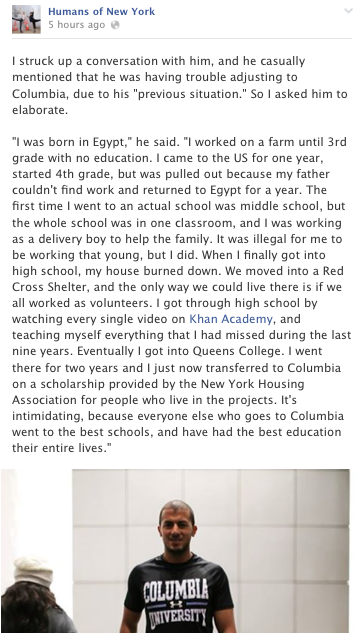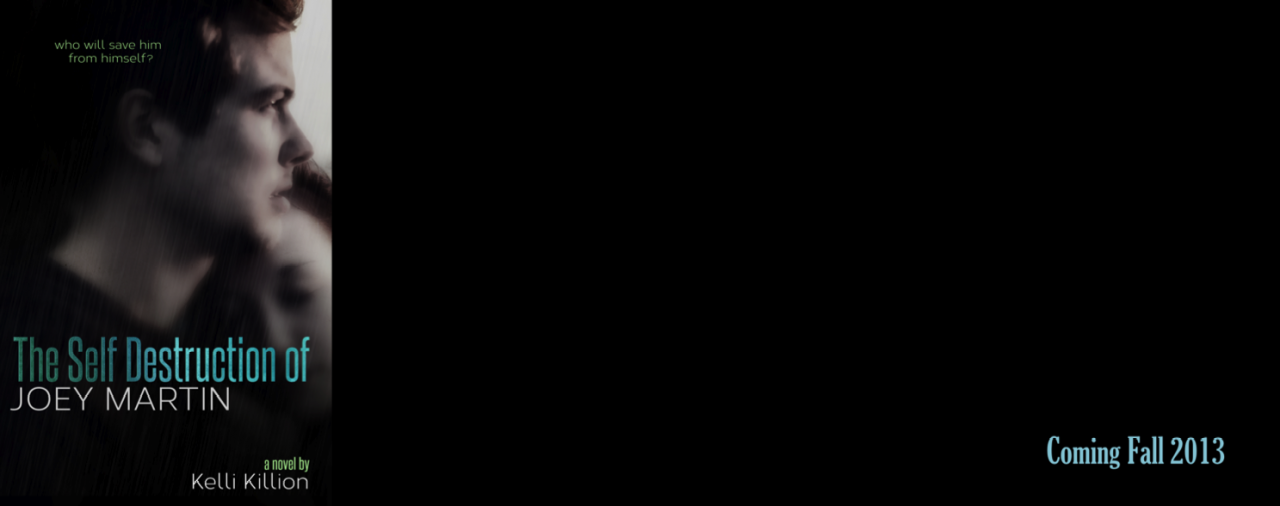So, I teach math… Granted, I teach fundamentals of math classes for Special Education students, so when I say I “teach” math, I basically skim the surface of the major mathematical concepts and hope that nobody asks me too many in-depth questions. Like “Why?” I hate “Why?”s… they make my brain shrug.

Honestly, I’m not so modest that the above paragraph should not be taken at face value. I made straight C’s in math in high school. Except for Algebra II. That one was a D… possibly a D-minus. I think I only “passed” because my dad knew the teacher – two grumpy old men determined that I shouldn’t not graduate because I couldn’t solve advanced Algebraic equations. Thank goodness. Besides, I was going to major in English, so who cares about a D in my senior year math class?
If I could go back and smack my 17-year-old self upside the head… I probably wouldn’t.
When I was hired for my current position four years ago and found out that I would be teaching both math and English for 6th-12th grade Special Education students… I almost said “Yeah… no!?”
But three months into the job, I was thrilled that I hadn’t. Not just because I love my delinquents, but because I was finally learning math.
In the education field, studies show that in order to truly learn a subject, you must be able to teach it, too. Man, I could write a book on how true that statement is… The first few weeks, I was teaching 6th-, 7th-, 8th grade math, Algebra I, Geometry, and Mathematical Models (which was, at the time, a course designed to prepare students for the 11th grade math state test to determine whether they could graduate or not). Oh, yeah… I was ALSO teaching English and reading at every secondary level, a couple of science classes, and world geography.
God, that paragraph sounds complain-y.
Was it difficult? Yes. Was it stressful? You have no idea.
But it was worth it.
Every frantic minute taught me a lesson. Every exhausted afternoon that left me nodding off on the couch before dark was a day that I made an impact. Every “ummm… I have no idea what the answer to this word problem is…” made me a stronger teacher.
Okay, now ask me how I finally figured out not only how to do math, but how to teach it, too… C’mon, you know you want to know.
Two words: the Internet.
So, a couple of years later, when I found out about Khan Academy, my first thought was “WHERE WERE YOU TWO YEARS AGO, SAL?!” And my second thought was, “WHERE WERE YOU WHEN I WAS IN HIGH SCHOOL, SAL?!”

And, you know, there are a lot of people in the education world who criticize Sal Khan and his online school. I get it. He’s not a teacher by education or training. And he’s not always using the correct pedagogical explanations for his lessons. But.
BUT…
Imagine a world in which everybody (everybody!) with internet access can learn whatever they want to learn.
Earlier today, I ran across a post on Facebook:
 First thought: “Jesus. That’s beautiful. Khan Academy to Columbia… That’s the fucking American Dream, no?”
First thought: “Jesus. That’s beautiful. Khan Academy to Columbia… That’s the fucking American Dream, no?”
Second thought: “Maybe I want to work for Sal…”
Third thought: “Nahhhh…. I love my delinquents too much to leave.”
Okay, so regardless of my train of thought, I did a little Googling, and ran across a WaPo guest post criticizing Khan Academy…. not for what it is, but for how it’s done.
“We face very real challenges in K-12 education today, and they will not be solved with just a Wacom tablet and a YouTube account. Instead, they’ll be solved by teachers who understand their content; who understand how children learn; who walk into the classroom every day and think, ‘I know exactly what I’m going to say, because that’s what teaching means.’ -Karim Kai Ani, Washington Post guest blogger
And, in a lot of ways, I agree. As Master in Education, I want the pedagogy to be correct… I want Sal to be a great teacher with the education and credibility to back up the hyperbolic pseudonyms the media is giving him. But I want to believe that we can provide a free and equal education for the whole world. At least it’s a jumping-off point.
The argument can be made (and has been, on my Facebook page) that it’s not meant to be used as a sole source of education. And I agree, it’s not meant to be used that way. But it is being used that way, regardless of intentions. Public school districts (mine included) are using Khan Academy’s video and lesson system to “supplement” classroom mathematics instruction.
My point isn’t that Khan Academy’s not good, but that if schools are going to try to use it to replace direct teaching (which they are currently doing in my district and several others nearby), to free up classroom time for other things (like investigation and experimentation), then it needs to be BETTER than it is currently.

Part of the problem is that a teacher with 100+ students and only one prep period will find that it’s so easy to fall into a pattern of using something like Khan Academy to teach for him/her. (It happens all the time already.) There have got to be checks and balances in place to ensure that it’s used properly in classrooms before we start using it there. It’s free, and in the education world right now, that’s all that matters.
If it’s used as it’s intended to be used – as a resource for tutorials and practice – then there are magnificent possibilities in the time it can open for teachers and students in the classroom. But if the instructional pedagogy isn’t embedded in the lessons, then it’s not enough to replace direct instruction.
There is a real opportunity here for world-wide collaboration and discussion. If Khan Academy can be held to the standards of research-based practices and pedagogy that most universities are, there is no reason that it can’t one day evolve into an educational reform platform that changes the way we “do” education around the world.
But it has to be done correctly. Methodically. And without government interference.
And unfortunately, Sal, you’re not quite there yet. Close, but no cigar.
So, I won’t be using it in my classroom as direct instruction. As a resource? Sure. As extra practice? Of course. As a refresher? You bet.
For now, though, that’s all it will be inside my cinder block walls.













You must be logged in to post a comment.